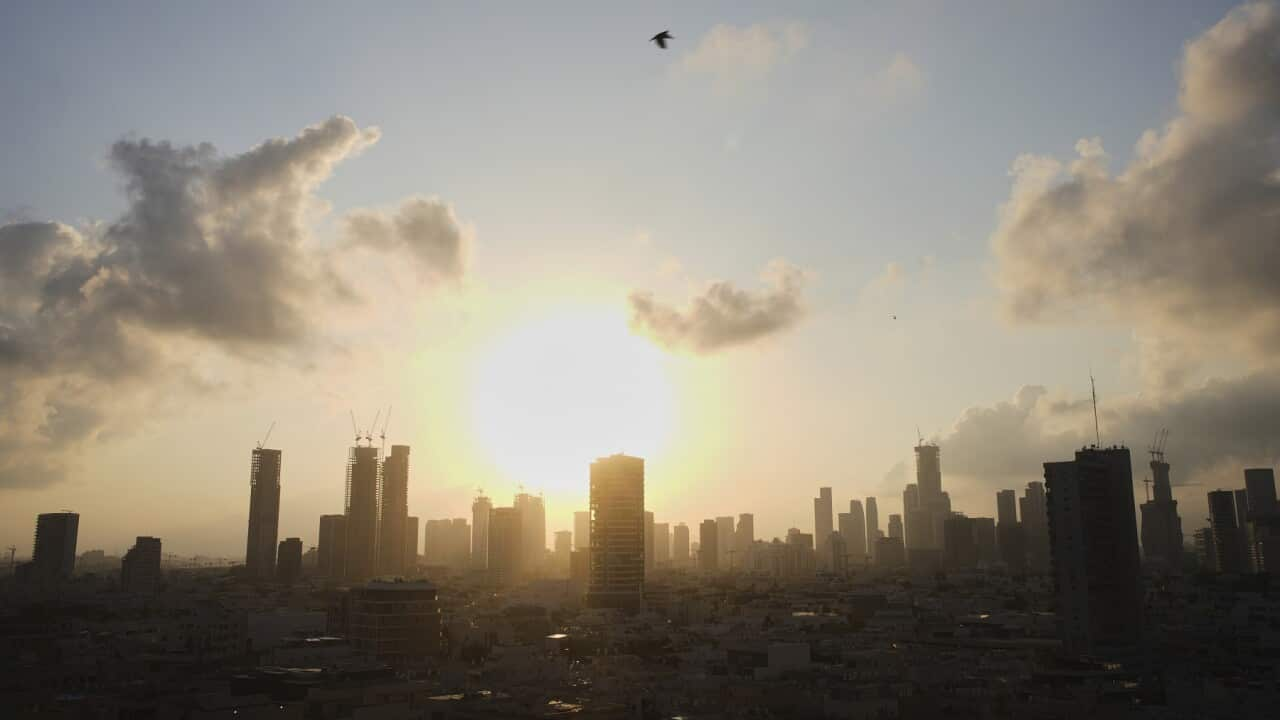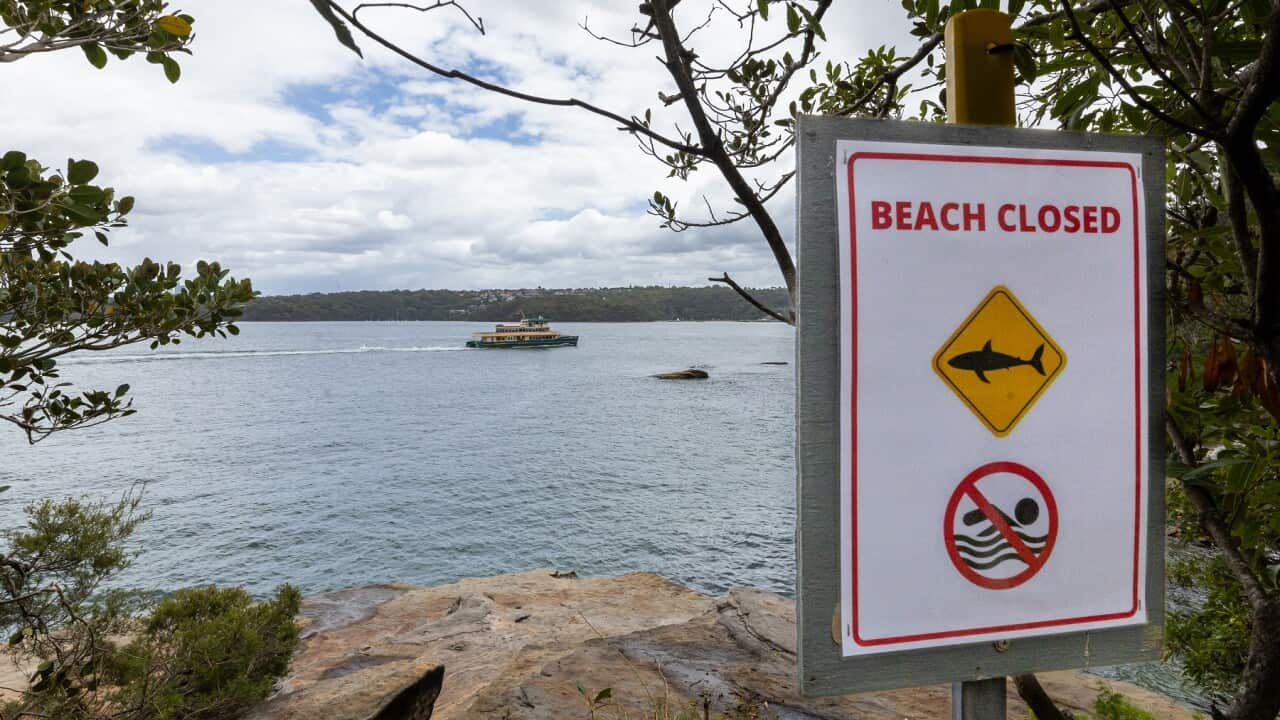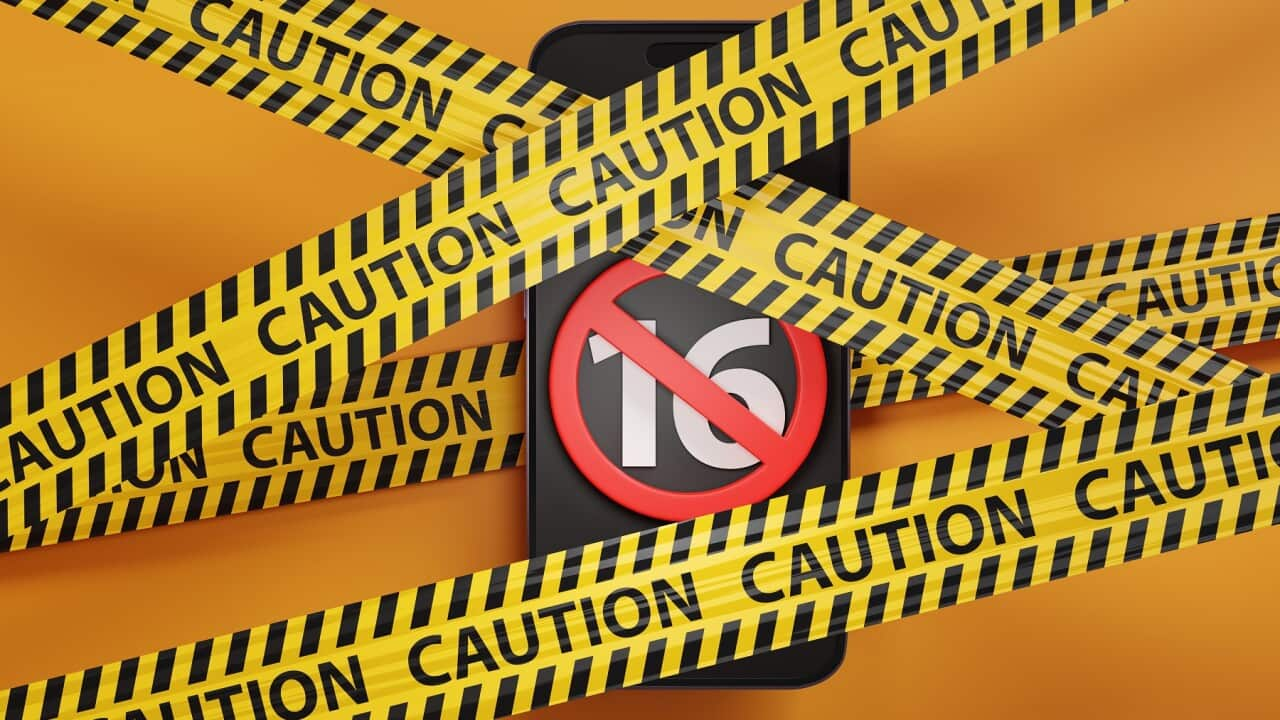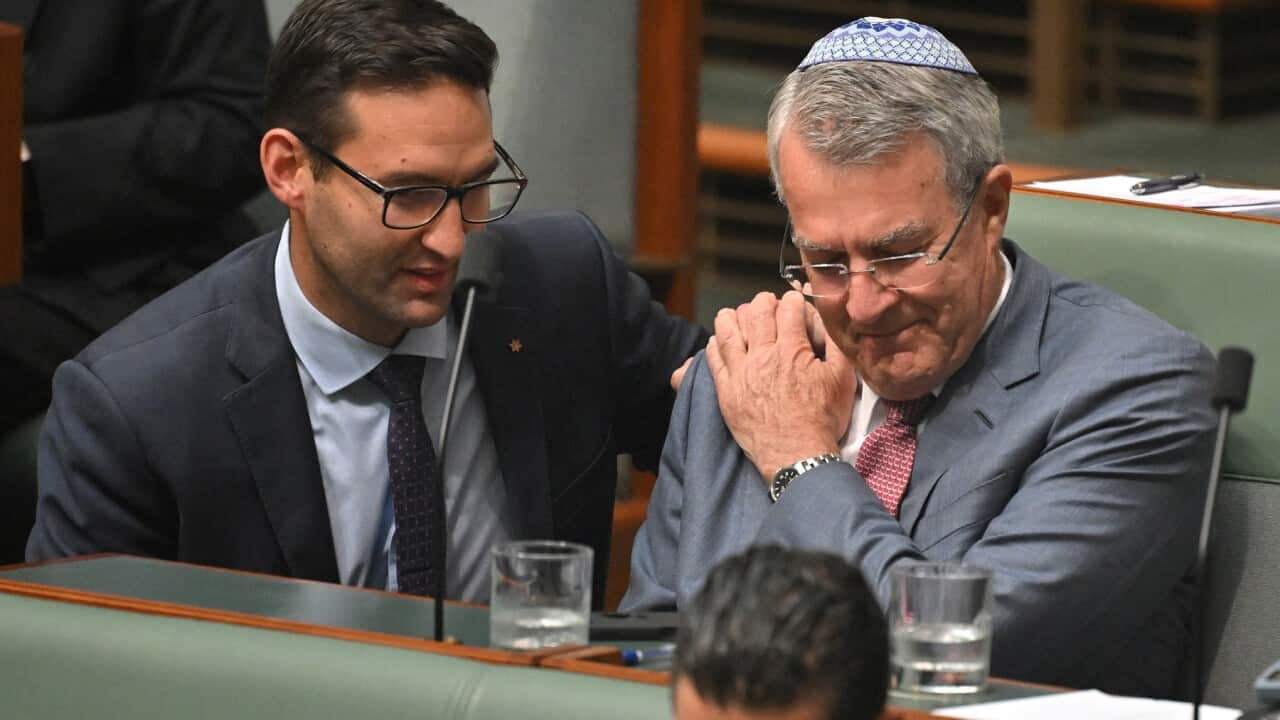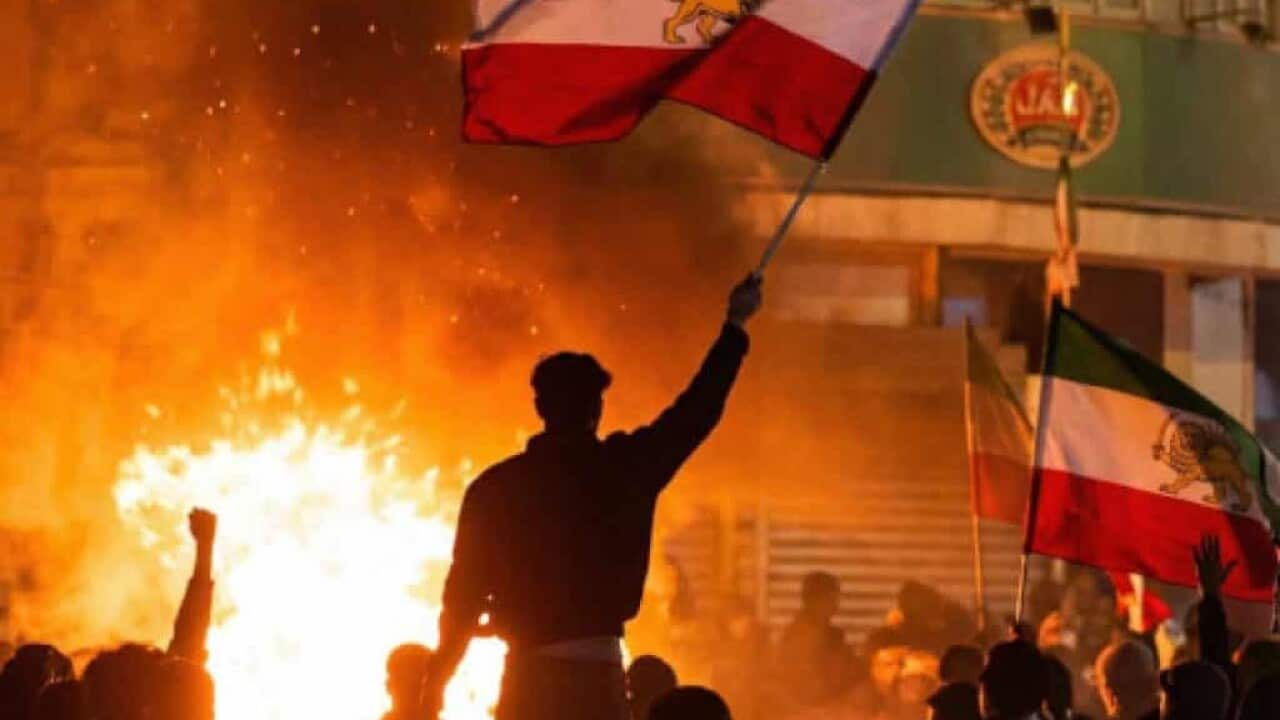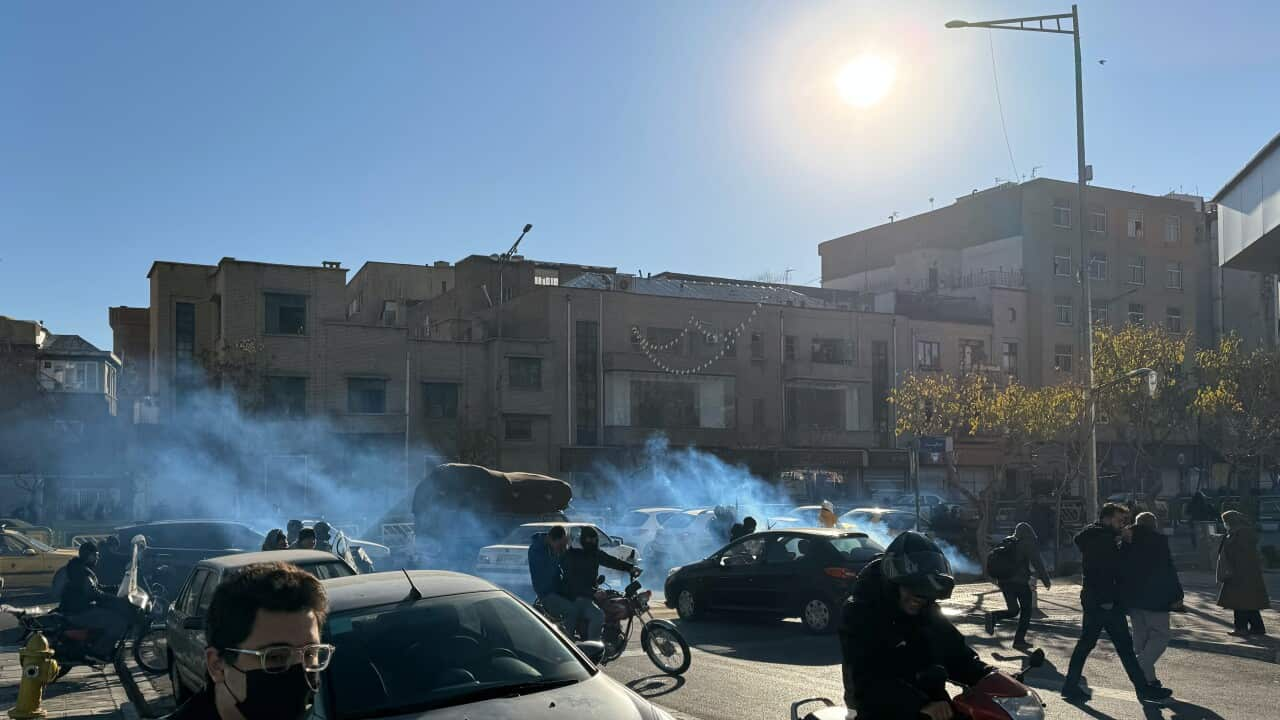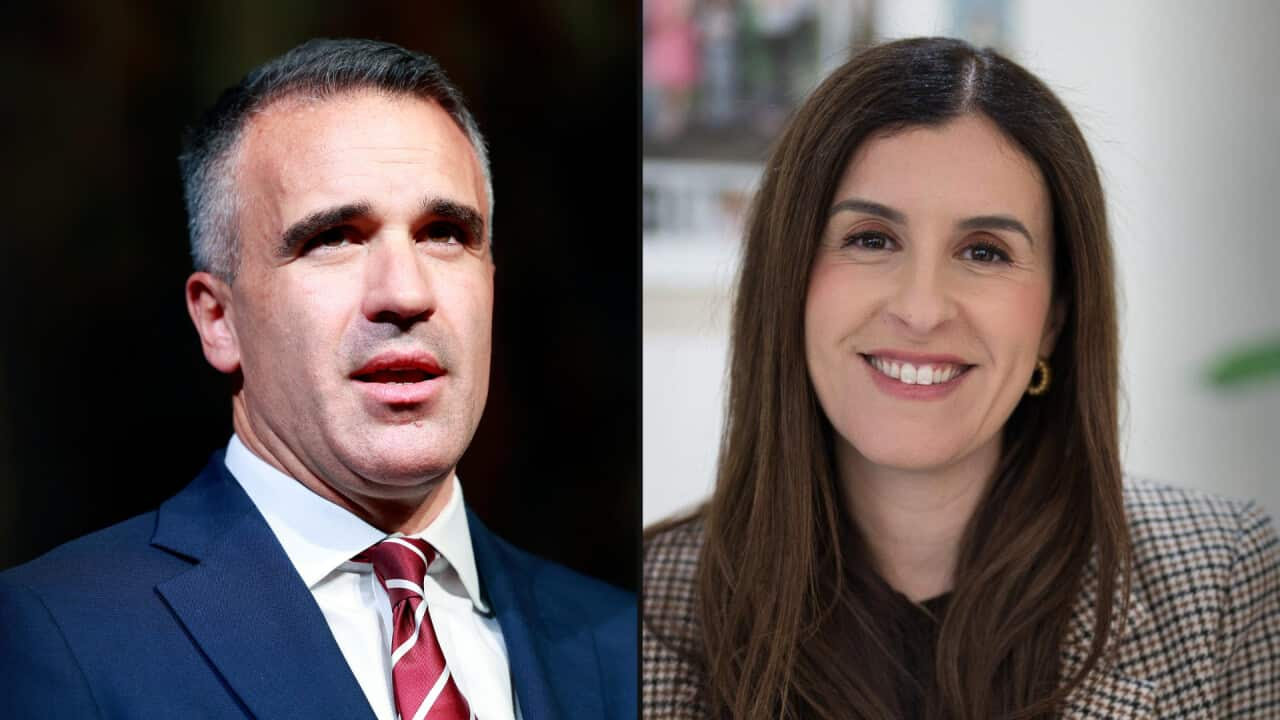TRANSCRIPT:
Like many announcements from the current U-S government, it came as a bolt from the blue, via a social media post.
US President Donald Trump said Israel and Iran had agreed to a complete and total ceasefire, ending 12 days of conflict between the two nations.
Making the announcement via social media, Mr Trump says, should the ceasefire stand, both countries should be congratulated on ending a war that could have gone on for years and destroyed the entire Middle East.
The agreement was reportedly secured with help from US ally Qatar, who persuaded Iran to agree.
But Mr Trump isn't the only world leader who can use social media to make big announcements.
Iran's Foreign Minister, Seyed Abbas Aragchi, posted that there is no agreement on a ceasefire yet - although he also said Iran won't continue its military response, provided Israel stops what he calls its illegal aggression against the Iranian people.
The whole sequence came just hours after another Israeli attack on Iranian nuclear facilities.
It also came just hours after this - the sound of payback: Iran returning fire on the United States for their attack on Iran's nuclear facilities on Sunday.
Iran launched missile attacks at US military bases in Qatar and Iraq.
Qatar says it has successfully intercepted the missiles fired at the Al Udeid Air Base, and there have been no casualties.
The Ain Al Assad base in western Iraq was also targeted.
Iran claims the number of missiles it fired at the base in Qatar matches the number of bombs the U-S dropped on its nuclear sites over the weekend.
A spokesman for the Iranian armed forces, Colonel Iman Tajik, says the strikes are designed to send an unequivocal message to the world.
"The message of the decisive action by the sons of the nation in the Armed Forces is clear and direct to the White House and its allies: The Islamic Republic of Iran, relying on Almighty God and the steadfast support of its devout and proud people, will not leave any act of aggression against its territorial integrity, sovereignty, or national security unanswered under any circumstances."
The US response to it, at least publicly, was not quite as strident.
Mr Trump posted online that Iran had given advance warning of the attack.
His deputy, Vice President JD Vance, was still basking in the glow of the American strikes in Iran at the weekend, when speaking to one of Mr Trump's favoured news outlets, Fox News.
”The president without, knock on wood, having a single American casualty, obliterated the Iranian nuclear program. We are now in a place where we weren't a week ago. A week ago, Iran was very close to having a nuclear weapon. Now, Iran is incapable of building a nuclear weapon with the equipment they have because we destroyed it. So that's a very, very big thing.”
A ceasefire in a conflict as big as this promises to be far more complicated than a single social media post saying it's over.
Mr Vance told Fox News that, however it turns out, Iran must consign itself to a future without its nuclear program - at least as that program was prior to Sunday's US strikes upon it.
"We have to talk to Iran and, of course, to Israel about what the future holds, because while we have obliterated the Iranian nuclear program, our hope and our expectation is that they're not going to try to rebuild that program. And I think that's what the president is really trying to figure out here, is to build a long term settlement here to where we can have peace in the region, where our regional allies and, of course, the American people most importantly, can be secured, but where we can ensure that the destruction of the Iranian nuclear program that has already happened is not something they try to rebuild.”
They're sentiments largely backed up by most US allies around the world, including Australia.
Prime Minister Anthony Albanese welcomed Mr Trump's announcement, but said the government is still concerned about the safety of Australians in the Middle East.
Defence Minister Richard Marles says the events of recent days are a blow against the proliferation of nuclear weapons worldwide.
"We have made very clear our concerns about where Iran was going, in terms of its nuclear and ballistic missile program. The idea of Iran acquiring a nuclear weapon is, obviously, unacceptable. And we have been committed to the Non-Proliferation Treaty for a long period of time. It has underpinned non-proliferation in the world, but, really, it has been the most effective management of non-proliferation nuclear weapons. And what Iran was seeking to do with its program represented a real threat to that."
